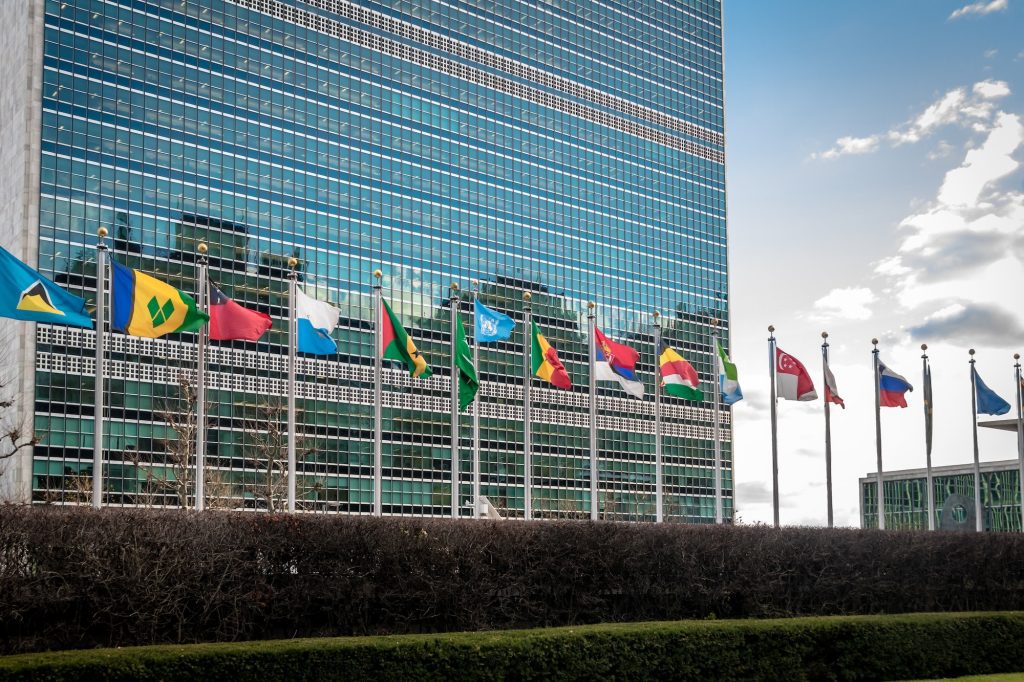UN Tech Envoy: AI report to bridge AI governance gaps
The aim is to examine the landscape of existing governance measures across borders, identify gaps, and connect the responses to ensure there are no gaps left.

Last week, the United Nations (UN) established a 39-member High-Level Advisory Body to address global concerns regarding the governance of AI. Co-chaired by Spanish digital minister Carme Artigas and Alphabet’s James Manyika, the new AI body is expected to submit a preliminary report by the end of this year. They will gather in person at least three times on top of multiple virtual meetings.
The aim is to examine the landscape of existing governance measures across borders, identify gaps, and connect the responses to ensure there are no gaps left. Amandeep Singh Gill, the UN’s tech envoy appointed last year by UN Secretary-General António Guterres, coordinates tech issues ranging from AI to quantum computing. Gill is adamant that the UN is an adequate forum for national authorities to join together and discuss how to implement legal frameworks and evaluate the need for harmonization or updates.
Around the world, lawmakers and government agencies are rushing to regulate disruptive technologies. On Monday, the Group of Seven (G7) industrial countries agreed on an AI code of conduct for companies, and US President Joe Biden issued a sweeping executive order on AI’s development. Meanwhile, the European Union is in the final touches of its comprehensive AI Act, with another potential ‘Brussels effect’ anticipated.
Why does it matter?
The final recommendations of the AI advisory body will be discussed during the UN ‘Summit of the Future‘ to be held next September. The aim is to foster a globally inclusive approach and undertake analysis and recommendations on AI governance, risks, and opportunities. The move by the UN is part of global discussions around AI governance and regulation. It is intended to stimulate the international debate on AI risks and opportunities and help governments, the private sector, and civil society come together to design better policies.
The announcement comes as UK Prime Minister Rishi Sunak hosts this week a global AI safety summit in historic Bletchley Park. Vice President Kamala Harris, UN Secretary-General Antonio Guterres, EU and Chinese officials, together with Elon Musk and ChatGPT’s Sam Altman, are among the 100 participants from government, tech firms, AI experts and scientists, and civil society groups.
